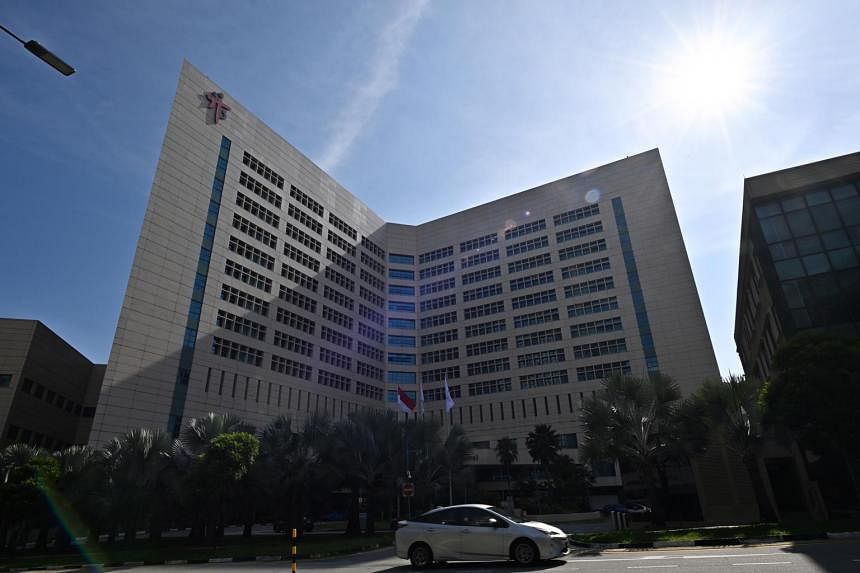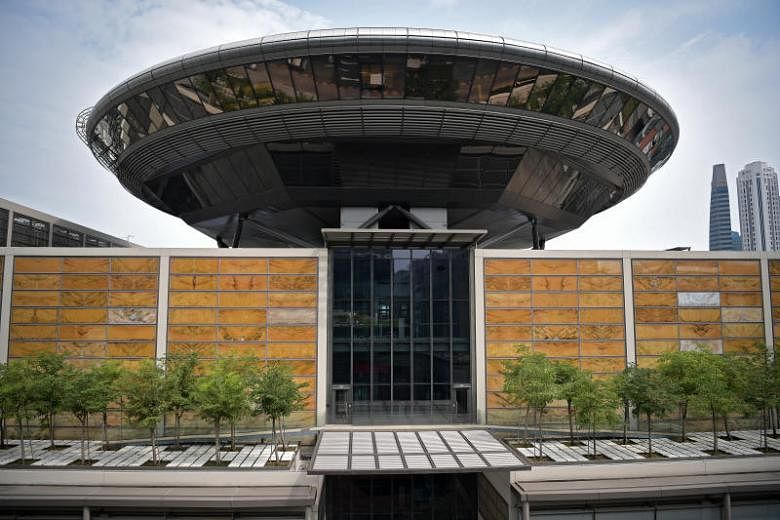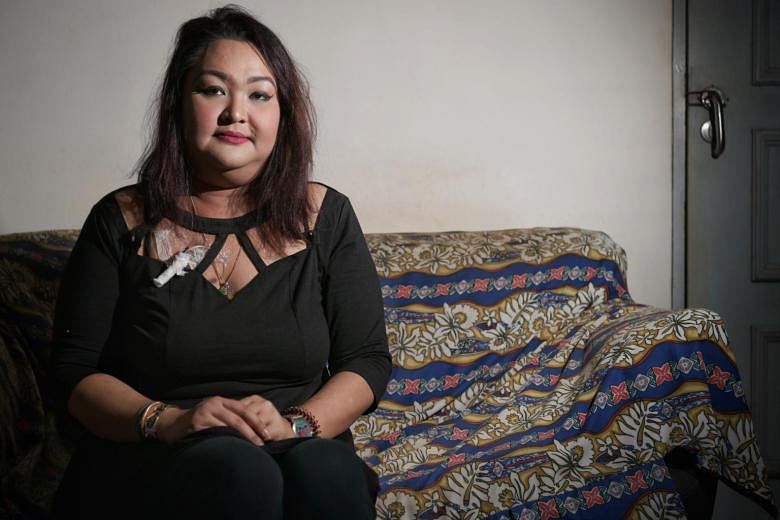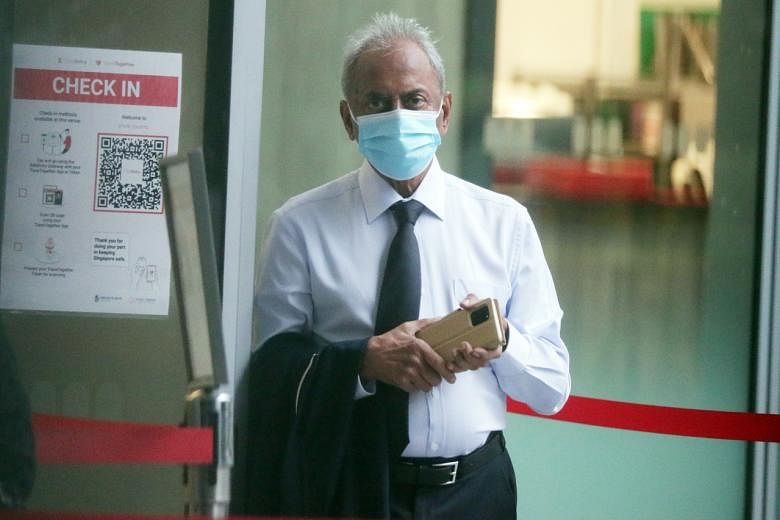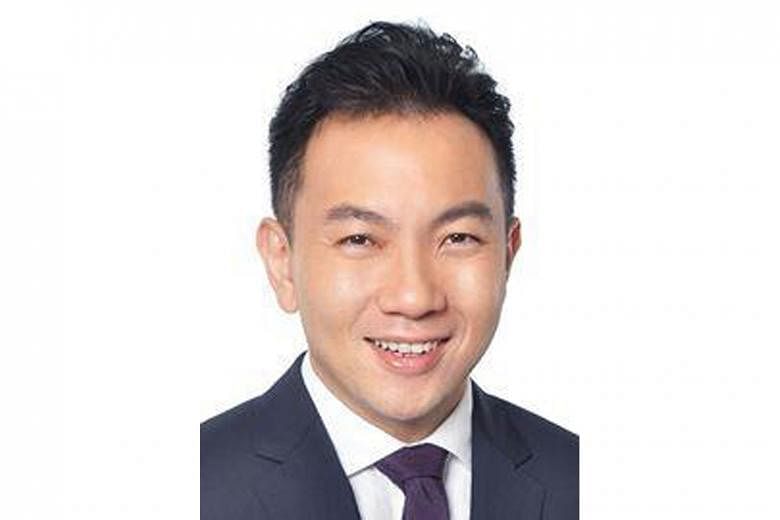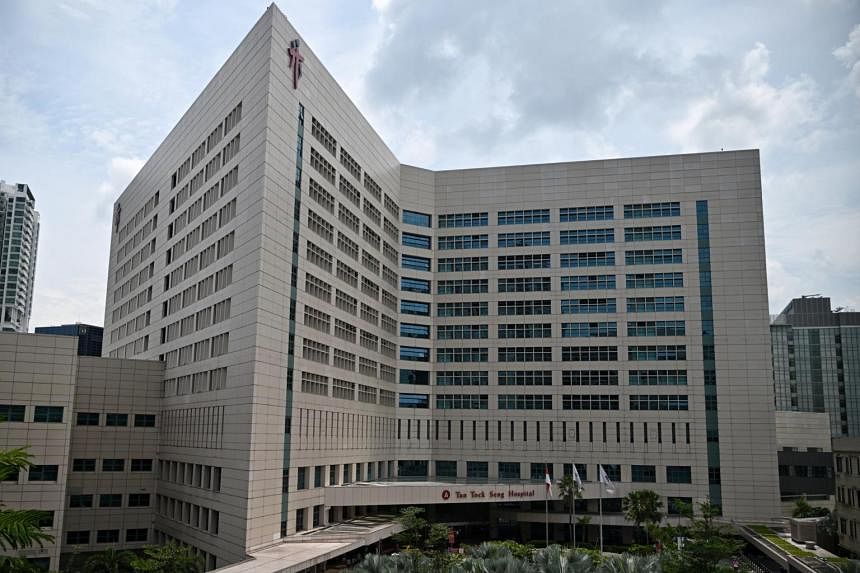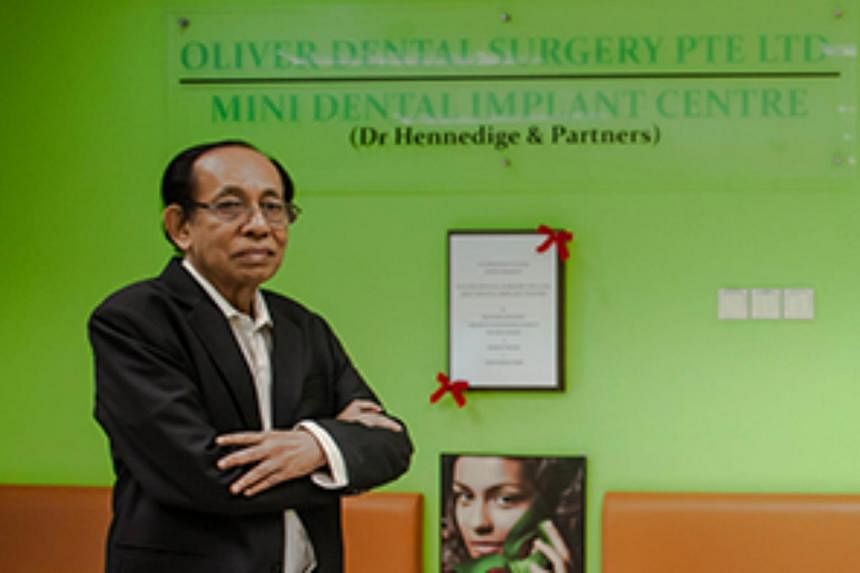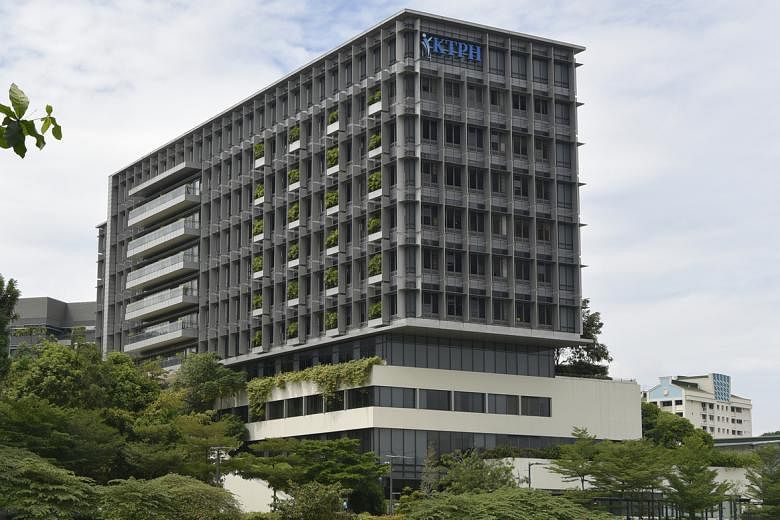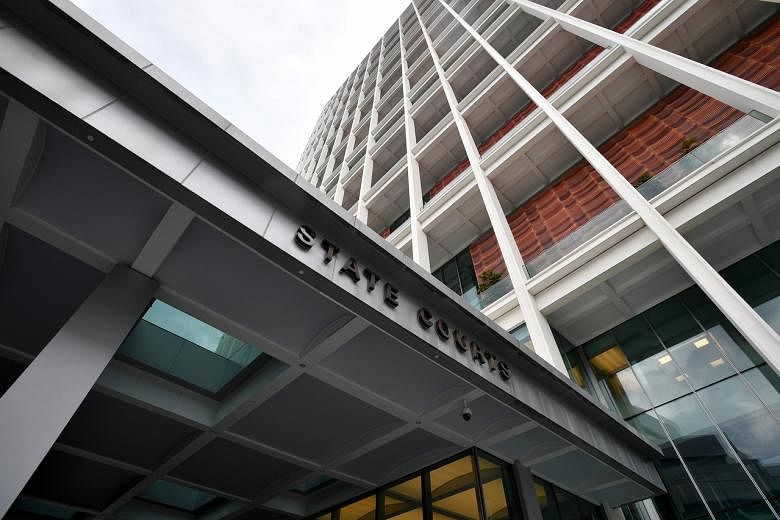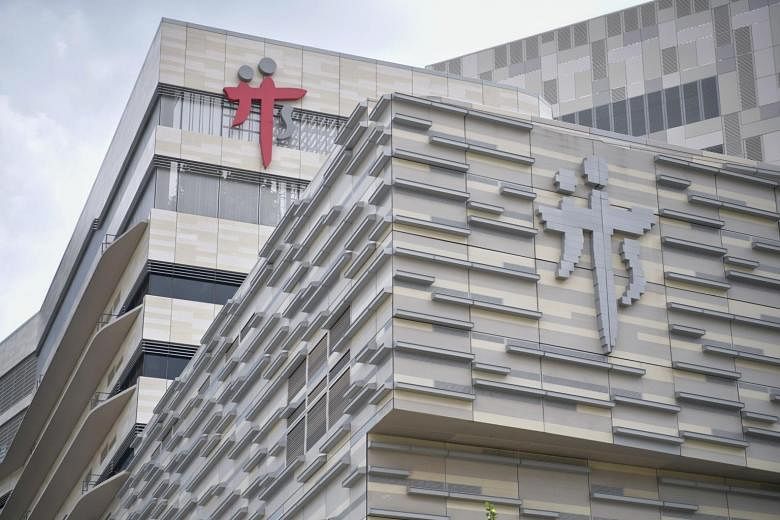Doctor rapped over patient's death after knee surgery
He failed to make detailed notes or hand over case, coroner finds
The coroner said Dr Sean Ng Yung Chuan's (above) treatment of his patient "goes beyond mere human error". The doctor was found to have failed to make detailed notes or hand his patient over to another specialist when he planned to travel after operating on her.
Salma Khalik
Senior Health Correspondent
SEP 19, 2019
The way a doctor treated a patient who died following total knee replacement "goes beyond mere human error", said a coroner at the conclusion of a seven-day hearing.
The coroner criticised Dr Sean Ng Yung Chuan for failing to make detailed notes or hand the patient over to another specialist when he planned to travel after operating on her.
If he had done so, tell-tale signs that something was wrong might have been noticed, and action could have been taken earlier.
State Coroner Kamala Ponnampalam said on Monday that a coroner "does not make a determination of guilt or negligence, or attribute legal or moral culpability".
Nevertheless, she flagged Dr Ng's behaviour which "demonstrated a clear departure from the standards expected of a physician who had primary care of a post-surgery patient".
To reduce preventable deaths in the future, the coroner suggested it should be made mandatory that "if a doctor delivering primary care to a post-surgery patient is going to be unavailable, he must arrange for another doctor to cover him".
"There should also be guidelines for a proper handover," she added.
Dr Ng had done a total knee replacement for Mrs Yuen Ingeborg, then 78, in November 2016.
It is a fairly common operation, for worn-out knees, that thousands of patients undergo each year. Unfortunately, Mrs Yuen died within a week of the operation.
Dr Ng travelled to Tokyo the day after the operation.
The coroner's inquiry revealed a series of mishaps and errors.
During the surgery, Dr Ng accidentally cut a ligament. He called another orthopaedic surgeon for help to repair the cut ligament.
The patient appeared fine after the operation.
The next morning, her haemoglobin count was low, so Dr Ng prescribed her the transfusion of a pint of blood.
What Dr Ng did not realise was that both Mrs Yuen's popliteal artery and vein (in the knee) had also been cut. This led to internal bleeding and restricted blood flow that cost the patient, first her leg which had to be amputated, and later her life as the delay in treatment allowed poisons into her body.
She died of multi-organ failure.
The coroner noted that Mrs Yuen's son and daughter had asked how Dr Ng "had managed to sever both the popliteal artery and vein and then fail to recognise that he had done so."
Two expert witnesses said complications with the artery in the knee area are very rare - in the vicinity of 0.03 per cent to 0.17 per cent.
Dr Tang Jun Yip, a vascular surgeon at Singapore General Hospital (SGH), which does more than 2,000 knee transplants a year, said there have been no reported cases of both artery and vein being cut.
Professor Yeo Seng Jin, a senior orthopaedic surgeon at SGH said he had never seen something like this happen. He added that Mrs Yuen would have complained of numbness and pain when the anaesthesia wore off.
Mrs Yuen's daughter had pointed out to the nurses at Mount Elizabeth Hospital that her mother's leg felt icy cold, but was told that was normal.
According to the coroner's report, Prof Yeo questioned if Dr Ng "did actually physically examine Mrs Yuen's lower limb post-operatively. If he did not, then he is negligent for failing to do so".
Dr Tang said the drop in haemoglobin was unusual and Dr Ng should have explored further and not just prescribed a blood transfusion.
Another expert, Mr Nicholas Goddard of the Royal Free Hospital in London, who was brought in by the patient's family, said the cutting of both the artery and vein was "the result of poor surgical technique".
Because of the "paucity of note-keeping and large gaps in the medical notes", the experts had difficulty ascertaining if proper post-operative care was provided.
That Dr Ng travelled to Tokyo without handing over the patient to another specialist was "injudicious". It may have led to the delay in diagnosing that the blood flow to the lower leg had been affected.
Dr Ng later added to the notes, without indicating that this was done after he returned from Tokyo.
Prof Yeo said this clearly contravened the Singapore Medical Council (SMC) guidelines.
Mount Elizabeth Hospital has filed a complaint with the SMC against Dr Ng on this matter.
"Stern and appropriate action was taken against the doctor immediately after the hospital concluded its internal investigations, and he was served with an eight-month suspension," said Dr Noel Yeo, the hospital's chief executive.
Another complaint - on a separate matter - was made against Dr Ng in 2017. It was dismissed, but the appeal against it is pending.
The two complaints were revealed by Dr Ng's Ardmore Medical Group in its prospectus when it planned an initial public offering (IPO) on the Catalyst Board in June.
Dr Ng is the executive director and chief executive of the group and accounts for more than 40 per cent of its revenue. The group put its IPO plans on hold last month.

